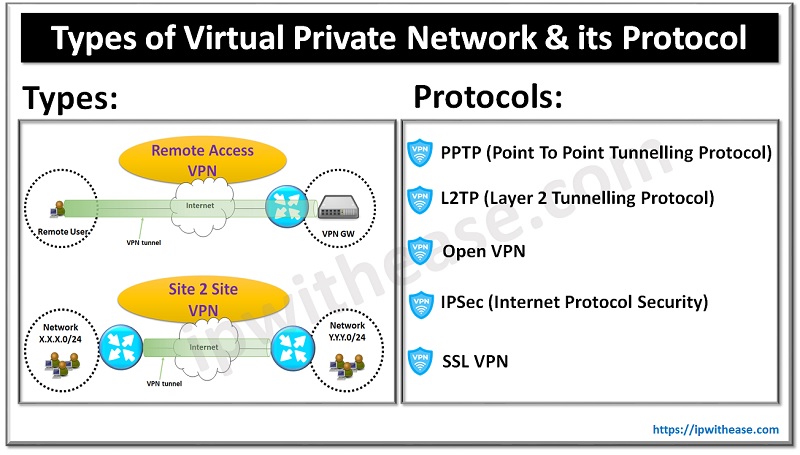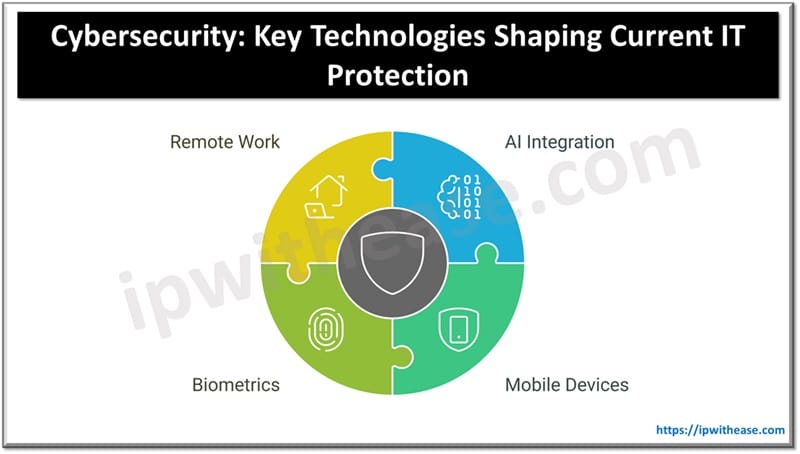NOC and SOC –
NOC and SOC are 2 related terms used recurrently in It world. NOC expands to Network Operations Center, which is more focussed on handling challenges related to managing, monitoring, and controlling the networks in customer IT ecosystem.
On the other hand, SOC is an abbreviation for the Security Operations Center, which tracks threats to IT infrastructure where hackers try making attempts to use vulnerability and get inside of a network.
Network Operations Centre which is often the first landing point of call for issues. At times, a NOC can be focused on the network side of things only.
SOC is a different story, where it protects the network from attacks and takes requisite actions to such incidents. Even after all the ongoing information breaks and effective hacking assaults, various organization’s associations still dismiss significant security rules.
Related – SOC Interview Questions
In addition, many associations underrate cybercriminals and hacktivists.
Most organizations have embraced the “monitor and response” cybersecurity procedure. This system takes place in a Security Operations Center (SOC) or a Network Operations Center (NOC). In many associations, the SOC and NOC supplement each other’s capacities.
The jobs of NOC and SOC are generally unique. The SOC and NOC are answerable for recognizing, examining, organizing, raising and settling issues, however, the kinds of issues and effects they have are significantly unique.
NOC vs SOC –
Detailed comparison & difference between NOC & SOC –
| PARAMETER | NOC | SOC |
|---|---|---|
| Full Form | Network Operations Center | Security Operations Center |
| Terminology | Used to handle challenges related to managing, monitoring, and controlling the networks in customer IT ecosystem | Tracks threats to infrastructure making attempts to use vulnerability and get inside of an network. |
| Key Role | To meet service level agreements and manage incidents to achieve maximum uptime. | To protect intellectual property and secure sensitive customer information |
| Objectives | To monitor performance | To monitor quality |
| Technology | Real-time data access | Real-time and historical data access |
| Tools | Fault, trouble and performance monitoring software. | Service quality, customer experience and marketing software. |
| Skills | * Network infrastructure * Data analytics, * Troubleshooting and * Technology know- how. | * Security infrastructure * Service modelling * Data interpretation * Communication. |
| Metrics | Reactive approach | Proactive approach |
| Business impact | Operational | Strategic |
| Size | 80-500+ engineers | 10-100 engineers |
![]()
Download the difference table here.
The changing role of Telecoms Operations centre:
We are now seeing the rise of the service operation centre alongside the traditional network operations centre. Let’s take a look at the differences between the two essential telecom department.
1.Objectives & Roles: NOC is to monitor the performance of the network, rectifying equipment faults, alerting to performance breaches and troubleshooting performance issues. Whereas, SOC monitor the quality of overall service and take rapid actions to rectify service degradations and service outrages that impact subscribers. Further, NOC’s role is to meet SLAs set between NOC and customer, while SOC is inclined towards protecting the intellectual property of customer.
2.Technology: NOC requires real-time data access, interactive performance dashboards, and automatic alerting technology for performance breaches and fault alarms. However, SOC requires real-time data as well as historical data, complex interactive dashboards, and prediction technology for early alerting to potential businesses impacting issues.
3.Tools: NOC uses element management system, fault management software, trouble ticketing tools, performance monitoring software, and SOC requires service quality management solutions, customer experience management tool and marketing software.
4.Skills: NOC required skills include data analytics, troubleshooting, and technology know-how. Though, SOC requires the skills of service modelling, data interpretation, and communication.
5.Metrics: They take a reactive approach, monitoring network KPI’s such as video packet loss and dropped call rate. SOC requires a proactive approach, monitoring KQI’s and KBI’s. Example – video service quality.
6.Business impact: NOC delivers an operational business impact; ensuring network uptime, reducing MTTR’s for network faults and improving geographical coverage. The SOC delivers a strategic business impact; reducing potential revenue loss, improving customer satisfaction, enabling a faster time to market for new services and uniting the OSS and BSS.
7.Size: The NOC can be based on one or more location, one can range in size from 80 engineers to 500+ engineers. A SOC can be integrated into NOC. The teams are usually smaller with 10-100 engineers.
From the above points, it has concluded that both SOC and NOC play an important role in the network section of the telecom company. Their tasks are relatable with each other or we can say that they are indirectly dependent to each other. They have demanding work that they need to deal with on a constant basis. Both centres work hard to assure the integrity and availability of your IT assets and can work well together, yet few enterprises truly integrate these functions.
The eventual fate of the telecom’s tasks Centre
As system administrators proceed with their change toward administration driven tasks, the job of the SOC will without a doubt extend as new administrations are quickly propelled into the commercial centre. With consistently expanding the challenge, separation through prevalent assistance will stay a need soon.
We will likewise observe a more profound mix of client experience information into the SOC, giving genuine permeability of how clients see and react to support quality.
There is a fundamental and not subtle difference between the roles of NOC and SOC. They have the responsibility of investigating, identifying, escalating, prioritizing and resolving the issues. However, a considerable difference is there in the form of issues and their impact.
ABOUT THE AUTHOR

You can learn more about her on her linkedin profile – Rashmi Bhardwaj



